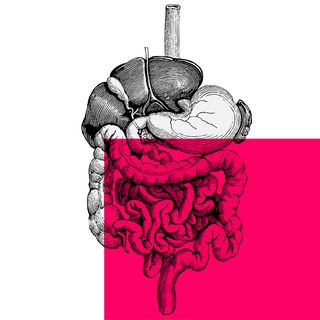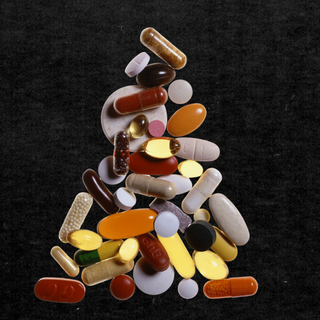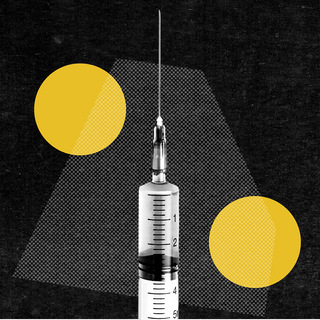People with Down syndrome may be more susceptible to the novel coronavirus due to genetic factors, a new study has found.
Down syndrome is a congenital, genetic disorder characterized by mild to moderate physical and developmental delays or disabilities. The condition is caused by an extra copy of the 21st chromosome.
Published in the journal Nature’s Scientific Reports, the study found that the gene responsible for aiding the entry of the novel coronavirus into human cells is located on chromosome 21, which people with Down syndrome have three copies of — thereby multiplying their risk of infection. Moreover, due to other genetic factors, people with Down syndrome may also be vulnerable to opportunistic infections following Covid19.
“On balance, we consider that individuals with Down syndrome who are older than 40 or have significant comorbidities are highly medically vulnerable, both at the stage of infection and for the prognosis once the cytokine storms begins,” Dr. Mara Dierssen, M.D., Ph.D., a neurobiologist at the Barcelona Institute of Science and Technology in Spain, and co-author of the study, said in a statement. A cytokine storm refers to an out of control, overwhelming immune reaction. It has been linked to the most severe Covid19 cases.
Related on The Swaddle:
Healthy Vitamin D Levels Linked to Less Severe Covid19 Outcomes: Study
According to a large-scale study from October 2020, people with Down syndrome were five times more likely to be hospitalized for Covid19 and 10 times more likely to die from Covid19-related causes compared to the general population. Other research exploring the link between Down syndrome and Covid19 has reached similar conclusions.
Dr. Dierssen referred to these past studies as well, noting they as well a her own research, can collectively inform better policies that reflect an expanded idea of who is most vulnerable amid the pandemic. “Previous studies have shown an association between Down syndrome and higher Covid19 mortality. These studies have not shown a direct causal interpretation but can inform policy and motivate further investigation,” she said, suggesting that “people with Down syndrome should be prioritized immediately for early vaccination against Covid19 worldwide.”




